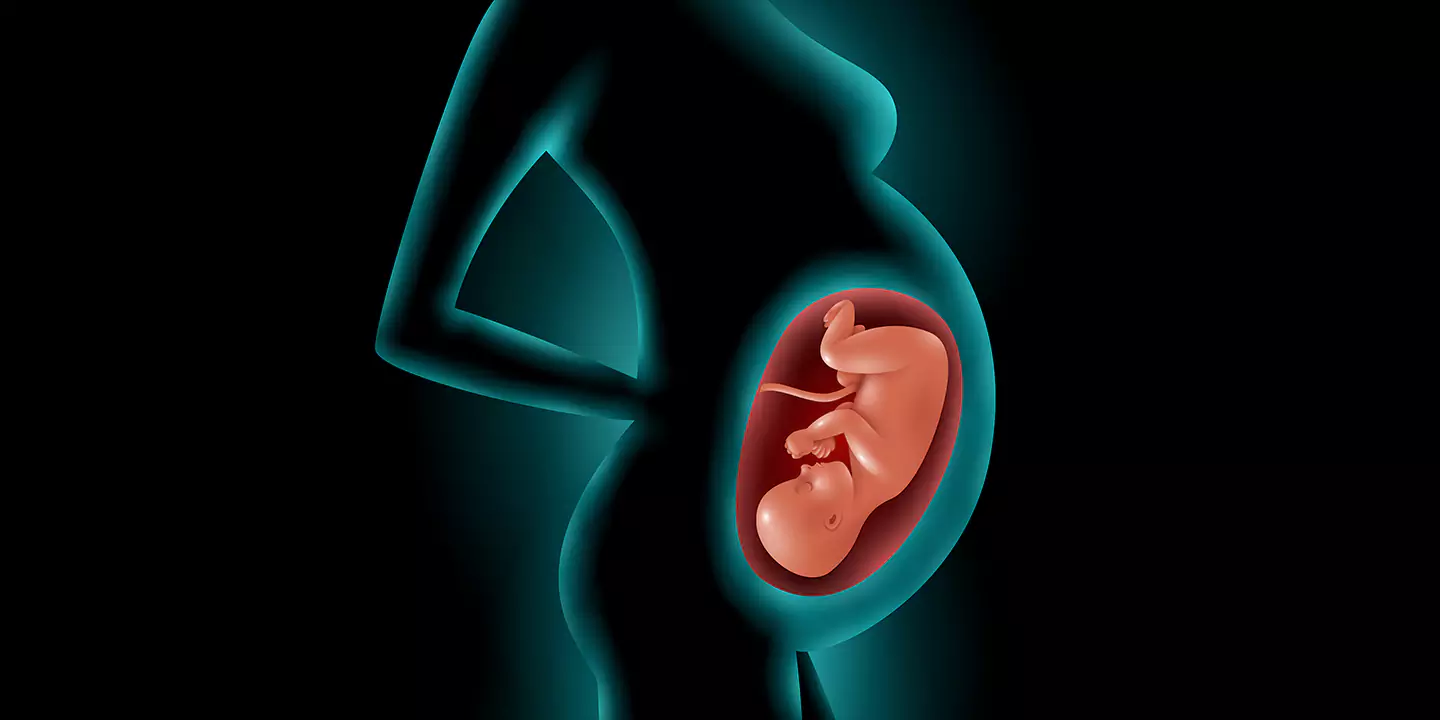
Miscarriage is the spontaneous ending of pregnancy and it is also called spontaneous abortion. Miscarriage or pregnancy loss is a very common pregnancy problem and happens mostly in the first trimester. Only 1-2% of the miscarriages happens after the 20 week of pregnancy. There are many miscarriages which happens even before the women knows that she is pregnant. Once a women knows she is pregnant, 10-20% of them will miscarry according to a research conducted.
In this Article
Causes of Miscarriage
Chromosomal abnormality is the primary cause of almost half of the miscarriages (pregnancy loss) in the first trimester. These chromosomal abnormalities might be hereditary or spontaneous in the father’s sperm or mother’s egg. Chromosomal problems is mostly occurred by chance and is not a direct corelation between miscarriage and mother’s or father’s health.
Some of the common factors for miscarriage are :
• Poor Diet
• Infection
• Getting exposed to high level radiations
• Irregularity in hormones
• Maternal age (12-15% miscarriage in pregnancy during their 20s and increases to 25% for women in their 40s.)
• Uterine abnormalities
• Lifestyle factors like drinking alcohol, smoking etc.
• Uncontrolled diabetes
• Untreated Thyroid
• Trauma
Symptoms of Miscarriage:-
Some of the common symptoms of miscarriage include:-
• Severe Cramps
• Abdominal Pain
• Mild or Severe Lower Back Pain
• Light to Heavy bleeding
In case of any abnormality and upon observing any symptoms like mild discomfort, fever, chills, or pain please consult and visit the gynecologist immediately.
Types Of Miscarriage: –
Types of miscarriage depends on the symptoms and the stage of the pregnancy. The doctor will diagnose your condition as described below:
1. Complete miscarriage: When all the pregnancy tissues have already been expelled from the pregnant women’s body
2. Incomplete miscarriage: When only some of the pregnancy tissues or placental tissues have been passed out and some of it still present in the body
3. Missed miscarriage: When the embryo is not growing anymore and it is dead without the knowledge of the pregnant women.
4. Threatened miscarriage: When the symptoms are bleeding and cramping, it can be a possible sign of upcoming miscarriage
5. Inevitable miscarriage: When there is symptoms like bleeding, cramps, and cervical dilation, it indicates that a miscarriage is inevitable.
6. Septic miscarriage: A miscarriage which occurs due to infection in the uterus
7. Recurrent or repeated miscarriage: Some women encounter repeated miscarriage. When there is third or more continuous miscarriage you should speak to your doctor who can deep dive into the root cause and treat accordingly. Some of the diagnostic procedures used to evaluate the root cause of such miscarriage includes: Endometrial biopsy, Hysterosalpinogram (X-ray of the uterus and fallopian tubes), Hysteroscopy and Laparoscopy.
Treatment of Miscarriage:-
Treatment of a miscarriage depends on the type of miscarriage. When it is a complete miscarriage, no further treatment is required in this regard. In case of an incomplete miscarriage, there are different types of miscarriage treatment available:
1. Expectant or natural management: This is preferred in case of early pregnancy where the doctor can ask the patient to wait and watch for the remaining tissues to pass from the womb naturally. It can happen in a few days to a few weeks.
2. Medical management: In this process, doctor prescribes some medicines to help the patient pass the remaining placental tissues from the womb. Sometimes the patient can be advised to stay in the hospital until the tissue passes completely.
3. Surgical management: In this process the remaining tissue is removed surgically. This minor surgery is called dilatation and curettage (D&C). This is preferred by the doctor when medical management has failed and there is heavy bleeding, acute pain and infection.
Post miscarriage care:
After the miscarriage, the body needs to be recovered. The recovery depends on how pregnancy term at the time of the miscarriage. Spotting and abdominal discomfort are the common symptoms after a miscarriage. It is advised to avoid physical intimation or use of tampons for two to three weeks immediately after a miscarriage.
Getting pregnant after a miscarriage:
Most women ask this question to their Gynecologist – Can I get pregnant after I’ve had a miscarriage? And the answer is “YES”. More than 85% of the women who have miscarriages have normal pregnancies and birth. Miscarriage is not a sign of infertility. Medical practitioners believe that miscarriage is somewhat related to autoimmune response. Your doctor or the Gynecologist may recommend you a treatment with progesterone (a hormone which helps in uterus implantation). Appropriate waiting time between the miscarriage and next pregnancy helps you heal physically and mentally. Miscarriage is a usually a normally phenomenon in most women, but when it happens twice or thrice consecutively, the Gynecologists recommends some tests and examination, as follows:
• Blood tests for hormonal imbalances
• Chromosome tests using tissues or blood
• Uterine or pelvic examinations
• Full abdomen ultrasound
• Endovaginal ultrasound or pelvic ultrasound
• Endometrial Biopsy
• Hysteroscopy
• Hysterogram
There is nothing to shy about in a miscarriage. It is always better to talk to your pregnancy consultant. Feeling of loss and grieve is also a normal phenomenon after a pregnancy loss. In case of a repeated miscarriage, stop trying to conceive without consulting with the best gynecologist in Delhi. The gynecologist will evaluate and examine the exact cause of the miscarriages and provide you with proper medical treatment for a successful pregnancy.











































